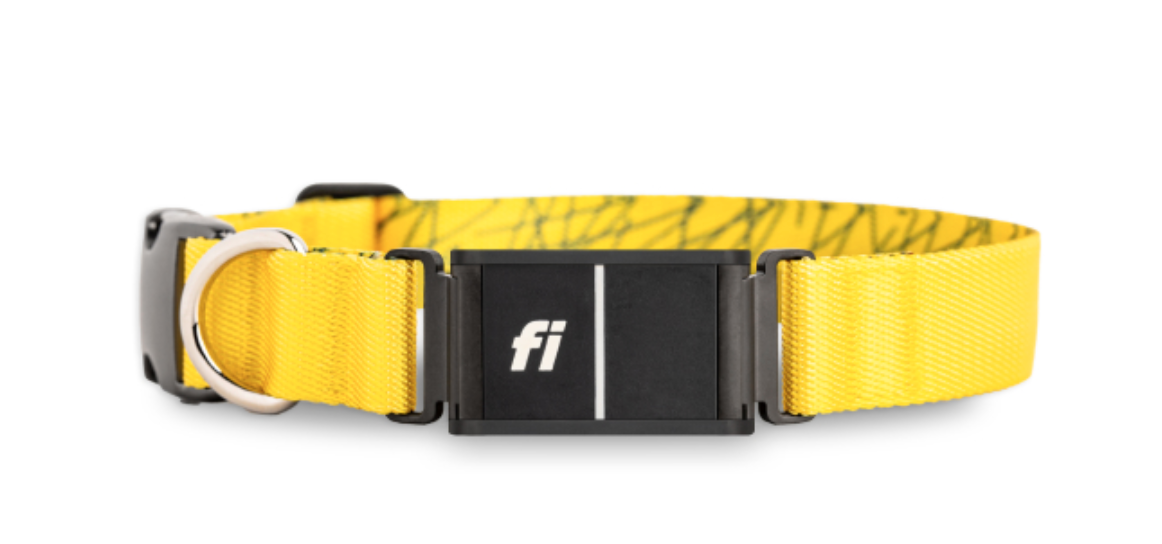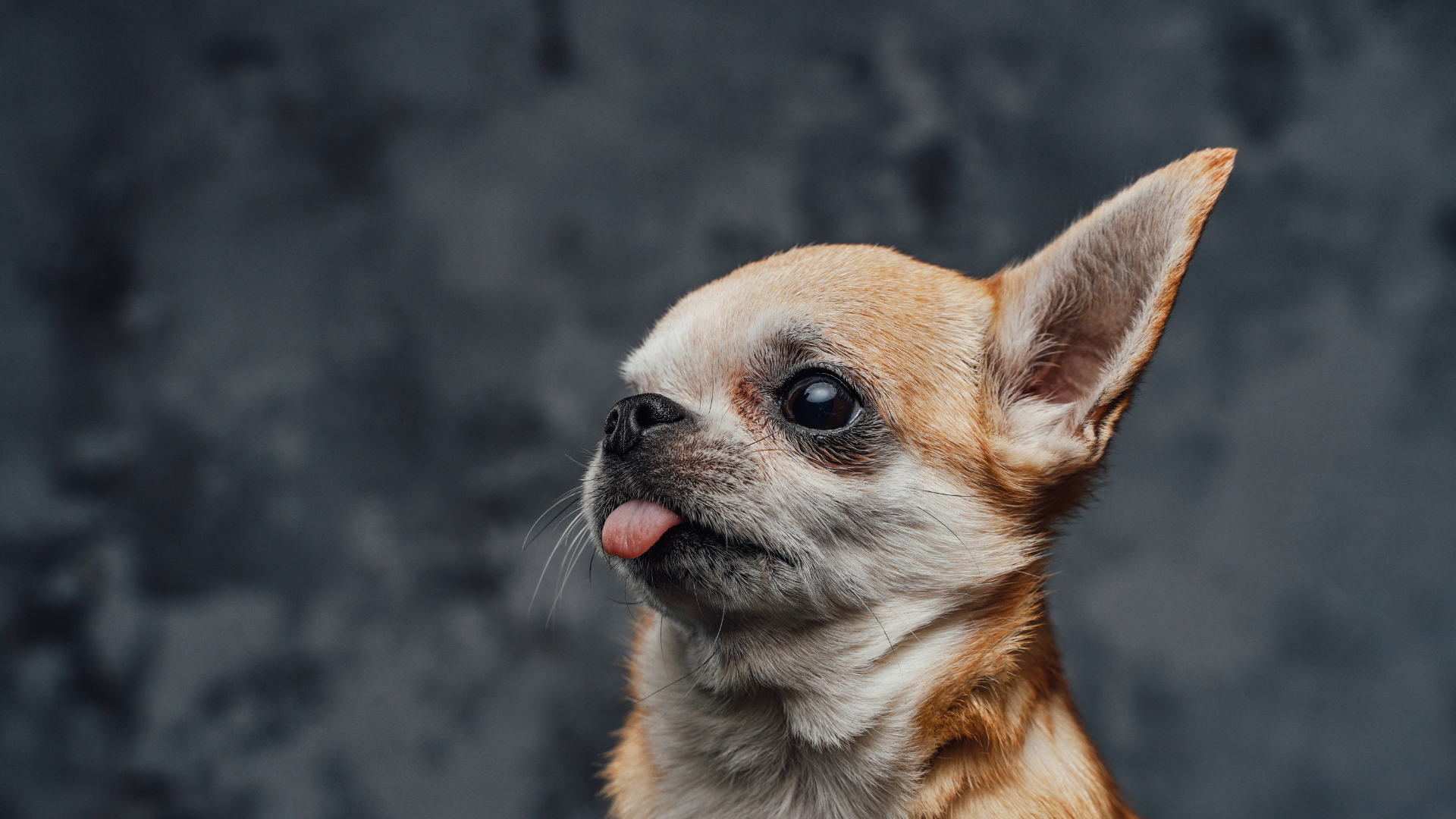Chihuahuas are one of the smallest dog breeds in the world. They are known for their big personalities and feisty nature, but how long do they typically live? Understanding the lifespan of a Chihuahua is crucial for potential owners, as it can support them make informed decisions about pet care.

On average, a Chihuahua can live anywhere from 12 to 20 years. However, several factors can influence their lifespan. Genetics, diet, exercise, and medical care all play a role in determining how long a Chihuahua will live.
Chihuahua Lifespan Fundamentals
Chihuahuas are a small breed of dogs that are known for their lively personalities and adorable looks. They are also well-known for their fairly long lifespan when compared to other small dog breeds.

Average Lifespan and Range
The moderate lifespan of a Chihuahua is between 12 and 20 years. However, some Chihuahuas have been known to live for up to 20 years or more, making them one of the longest-living dog breeds. It is consequential to note that the lifespan of a Chihuahua can vary depending on several factors, including health, genetics, and size.
Factors Influencing Lifespan
Several factors can influence the lifespan of a Chihuahua. These include:
- Health: Chihuahuas that are healthy and well-cared for tend to live longer than those that are not. Regular visits to the vet, a healthy diet, and exercise can all contribute to a longer lifespan.
- Genetics: Like all living beings, genetics plays a role in how long a Chihuahua will live. Some Chihuahuas may be predisposed to typical health conditions that can shorten their lifespan.
- Size: Chihuahuas are a small breed of dog, and smaller breeds tend to live longer than larger breeds. It is because they put less strain on their bodies.
- Dog Years vs. Human Years: It is necessary to remember that Chihuahuas age differently than humans. One dog year is equivalent to seven human years. This means that a Chihuahua that is 10 years old is about 70 in human years.
- Oldest Chihuahua: The oldest Chihuahua on record was named Megabyte, who lived to be 20 years and 265 days old.
- Longest Lifespans: While the average lifespan of a Chihuahua is between 12 and 20 years, some Chihuahuas have been known to live for up to 20 years or more.
Chihuahuas are a small breed of dogs that have a relatively long lifespan as compared to other small dog breeds. The average lifespan of a Chihuahua is between 12 and 20 years, but several factors can influence how long they will live. By taking good care of your Chihuahua and ensuring they lead a healthy lifestyle, you can help them live a long and happy life.
Health and Wellness
Common Health Issues
Chihuahuas are generally healthy dogs, but they are prone to certain health issues. Some of the most common health problems that chihuahuas face include dental disease, hypoglycemia, patellar luxation, and tracheal collapse. Dental disease is one of the most common health concerns in chihuahuas, and regular dental care is essential to prevent it. Hypoglycemia, or low blood sugar, can be a serious problem in chihuahuas, especially in puppies. Patellar luxation is a disorder where the kneecap dislocates from its normal position, causing pain and lameness. Tracheal collapse is an issue where the trachea, or windpipe, collapses, making it difficult for the dog to breathe.
Preventative Care and Regular Check-Ups
Preventative care and regular check-ups are essential for maintaining a chihuahua's health. Regular vet visits can help detect health problems early before they become more serious. Preventative care measures such as spaying and neutering, parasite prevention, and vaccinations can also help keep a chihuahua healthy.
Fi GPS Tracking Dog Collar
Fi GPS tracking Dog Collar is ideal for helping keep your Chihuahuas in the best shape. It enables you to track the dog's exertion levels and steps, which you can compare to other dogs of similar breeds within your neighborhood.

These tracking collars come in four core colors: pink, blue, gray, and yellow. They're a perfect fit for dogs whose neck sizes range between 11.5 and 34.5 inches. With its GPRS tracking feature, you'll instantly get a phone alert if your pup friend ever gets out unexpectedly.
Exercise and Weight Management
Regular exercise is crucial for a chihuahua's health and happiness. Exercise can help prevent weight gain, improve cardiovascular health, and prevent other health problems. Weight management is also essential for a chihuahua's health, as obesity can lead to several health problems.
Hence, maintaining a chihuahua's health requires a combination of preventative care, regular check-ups, a nutritious diet, and regular exercise. By taking care of their health concerns and providing them with a healthy lifestyle, chihuahuas can live long and happy lives.
Reproductive Health
Impact of Spaying and Neutering on Lifespan
Spaying and neutering are common procedures performed on dogs to prevent them from reproducing. While these procedures are often recommended for female Chihuahuas to prevent unwanted litter and reduce the risk of particular health problems, there is some debate about their impact on lifespan.
Spaying, the removal of a female dog's reproductive organs, has been shown to reduce the risk of certain types of cancer and infections. However, some studies have suggested that spayed female dogs may have a slightly shorter lifespan than intact female dogs. It may be due to some factors, including changes in hormone levels and an increased risk of particular health problems such as obesity and urinary incontinence.
Neutering, the removal of a male dog's testicles, has also been shown to have health benefits, including a reduced risk of certain types of cancer and aggression. However, like spaying, neutering may also have a slight impact on lifespan. Some studies have suggested that neutered male dogs may be at a slightly increased risk of specific health problems, such as obesity and certain types of cancer.
Behavioral and Environmental Factors
Training and Socialization
Training and socialization play a crucial role in the lifespan of a Chihuahua. Proper training and socialization help to prevent behavioral issues, which can lead to stress and anxiety. Chihuahuas are intelligent dogs and can learn quickly. Positive reinforcement training methods are recommended to train Chihuahuas.
Socialization is also necessary for Chihuahuas. Exposing them to different people, animals, and environments can help them become well-adjusted and confident. Lack of socialization can lead to fear and aggression.
Living Conditions and Housing
The living conditions and housing of a Chihuahua can also affect their lifespan. Chihuahuas are small dogs and can adapt well to living in apartments or small spaces. However, they need daily exercise and mental stimulation. A lack of exercise can lead to obesity, which can shorten their lifespan.
Chihuahuas are sensitive to temperature changes and should not be left outside for extended periods in extreme weather conditions. They also prefer warm environments and may need extra blankets or a sweater during colder months.
Chihuahua Care Through Life Stages
Chihuahuas are one of the smallest breeds of dogs, but they have a big personality. They are loyal, and affectionate, and make great companions. As with any pet, it's demanded to provide proper care throughout their life stages to ensure they live a healthy and happy life. Here are some tips for caring for your Chihuahua through each life stage.
Caring for a Chihuahua Puppy

Puppies require a lot of attention and care to ensure they grow up strong and healthy. Here are some things to keep in mind when caring for your Chihuahua puppy:
- Food: Chihuahua puppies should be fed high-quality puppy food that is appropriate for their age and size. Puppies need to eat more frequently than adult dogs, so it's recommended to feed them 3-4 small meals a day.
- Socialization: It's significant to socialize your Chihuahua puppy with other dogs and people from a young age. It will help them develop good social skills and reduce the risk of behavior problems later in life.
- Training: Chihuahuas are intelligent dogs and can be trained to do multiple tricks and commands. It's important to start training your puppy early to establish good behavior and obedience.
Adult Chihuahua Maintenance
Once your Chihuahua reaches adulthood, their care requirements will change slightly. Here are some things to keep in mind when caring for your adult Chihuahua:
- Exercise: Chihuahuas are active dogs and require daily exercise to stay healthy and happy. A daily walk or playtime in the backyard can provide the necessary exercise they need.
- Dental Care: Chihuahuas are prone to dental problems, so it's essential to brush their teeth regularly and provide them with dental chews and toys to help keep their teeth clean.
- Nutrition and Diet: Adult Chihuahuas should be fed high-quality dog food that is appropriate for their age and size. It's vital to monitor their weight and adjust their food intake as necessary to prevent obesity.
Senior Chihuahua Considerations
As your Chihuahua reaches their senior years, their care requirements will change again. Here are some things to keep in mind when caring for your senior Chihuahua:
- Health Checkups: Senior Chihuahuas should have regular checkups with their veterinarian to monitor their health and detect any potential health problems early.
- Nutrition and Diet: Senior Chihuahuas may require a special diet that is lower in calories and higher in fiber to help maintain their weight and digestive health.
- Comfort: Senior Chihuahuas may develop arthritis or other health problems that make it difficult for them to move around. It's necessary to provide them with a comfortable bed and make adjustments to their living environment to make it easier for them to get around.
By providing proper care throughout each life stage, you can help ensure your Chihuahua lives a long and healthy life.

Genetic and Breed-Specific Concerns
Inherited Conditions and Diseases
Like all living creatures, Chihuahuas are susceptible to certain genetic conditions and diseases. Some of these conditions are more common in Chihuahuas due to their breed-specific genetics and size.
One of the most common genetic conditions in Chihuahuas is mitral valve disease, which affects the heart. This condition causes the valve to become thickened and distorted, making it difficult for the heart to pump blood efficiently. It can lead to heart failure over time. Mitral valve disease is more common in small dog breeds like Chihuahuas.
Another common condition in Chihuahuas is hydrocephalus, which is a condition that causes excessive fluid buildup in the brain. It can lead to neurological problems and can be fatal if left untreated. Chihuahuas are more prone to this condition due to their small size and breed-specific genetics.
Nutritional Considerations
Choosing the Right Dog Food
One of the most important factors in ensuring a long and healthy life for your Chihuahua is providing them with a nutritious diet. When selecting a dog food, it is important to choose a brand that is specifically formulated for small-breed dogs, as they have unique nutritional requirements.
When reading the label of a dog food, it is important to pay attention to the ingredients list. Look for a food that is high in protein and low in fillers such as corn and wheat, which can be difficult for dogs to digest. Avoid dog foods that contain preservatives and artificial flavors, which can be harmful to your Chihuahua's health.
Overfeeding can also be a problem for Chihuahuas, as they tend to gain weight easily. It is important to follow the feeding guidelines on the dog food packaging and to monitor your Chihuahua's weight regularly.
By choosing the right dog food and providing your Chihuahua with a healthy diet, you can help ensure that they live a long and happy life.
End-of-Life Care

Managing Health in the Final Years
As Chihuahua ages, providing proper end-of-life care to ensure a comfortable and happy life is required. The following subsections guide managing health in the final years.
Quality of Life
It is essential to monitor a Chihuahua's quality of life in the final years. It includes ensuring they are comfortable, happy, and pain-free. Owners should observe their Chihuahua's behavior and look for signs of discomfort or distress. If a Chihuahua is undergoing pain or discomfort, owners should consult with their veterinarian to determine the best course of action.
Healthcare
Regular vet check-ups are necessary for Chihuahuas in their final years. It allows for early detection and treatment of any health issues. Owners should also keep up with preventative care such as vaccinations, flea and tick medication, and dental cleanings.
Happiness
In addition to bodily health, a Chihuahua's emotional well-being is essential in their final years. Owners can provide comfort by spending time with their Chihuahua and engaging in activities they enjoy. It can include gentle exercise, cuddling, and playing with toys.
Injuries
As Chihuahuas age, they may become more prone to injuries. Owners should take precautions to prevent falls and limit their Chihuahua's exposure to dangerous situations. If an injury does occur, prompt veterinary care is necessary to confirm proper healing.
Hence, providing proper end-of-life care for a Chihuahua is essential for their comfort and happiness in their final years.
Conclusion
In conclusion, the lifespan of a Chihuahua can vary depending on different factors such as genetics, diet, exercise, veterinary considerations, and environmental factors. By providing appropriate care and attention throughout their lives, you can help deliver your Chihuahua lives a long, healthy, and delightful life.




